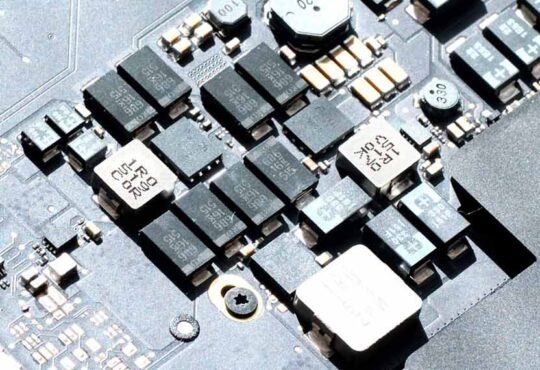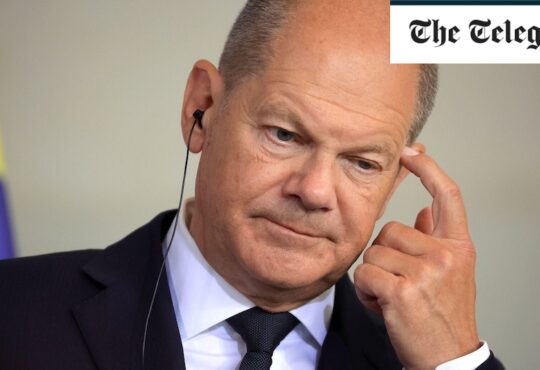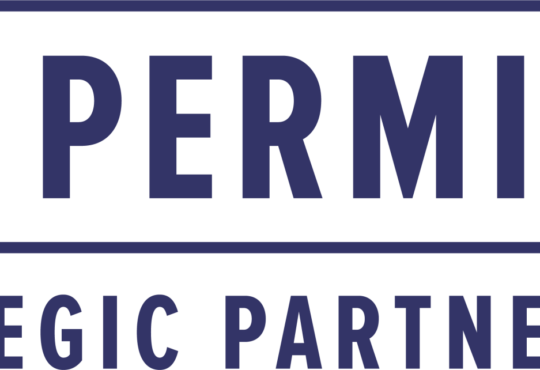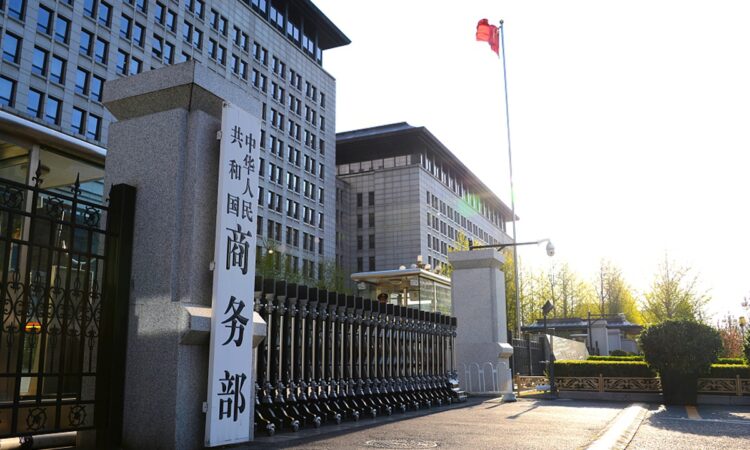
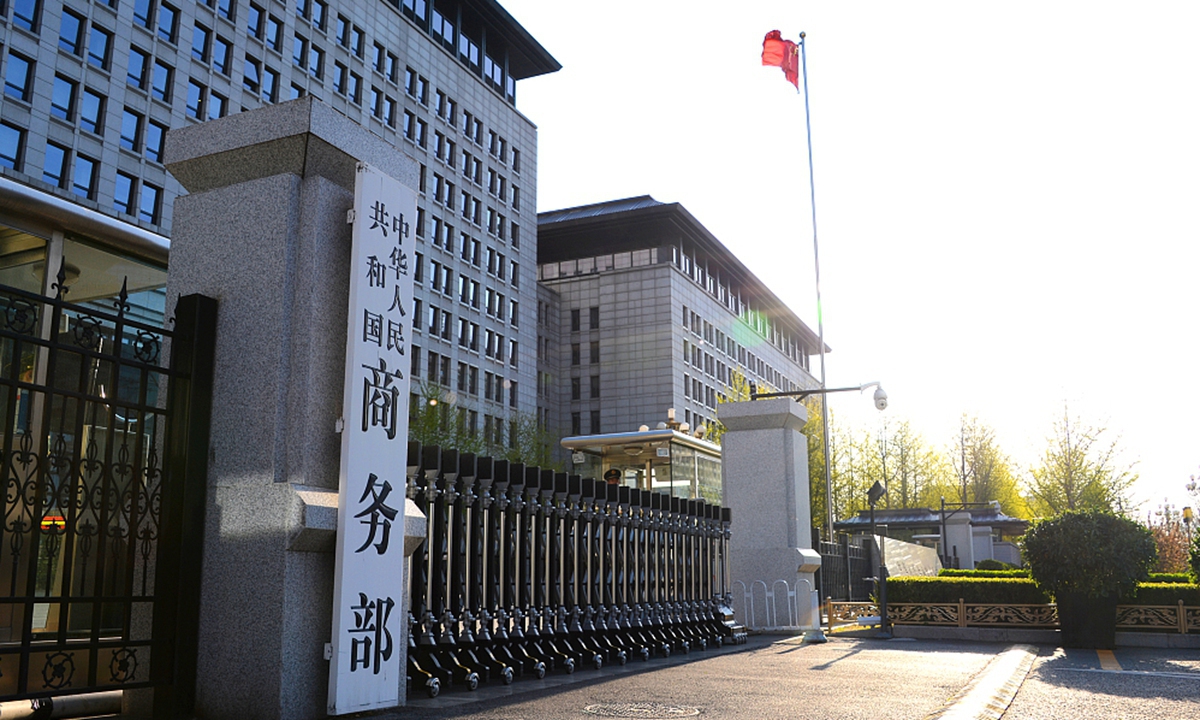
The Ministry of Commerce Photo: VCG
China’s Ministry of Commerce (MOFCOM) on Wednesday launched a trade and investment barrier investigation into EU’s related practices in its investigations of Chinese enterprises based on the Foreign Subsidies Regulation (FSR).
Chinese experts said the move is aimed at protecting the legitimate interests of Chinese enterprises as well as upholding a form of true multilateralism for trade rules. They also urged the EU to stop its shortsighted behavior, as only a close cooperative relationship with China is the most beneficial long-term solution for the bloc’s industrial development.
According to the MOFCOM, it received on June 17 an application filed by the China Chamber of Commerce for Import and Export of Machinery and Electronic Products (CCCME), in which the applicant requested to conduct a trade and investment barrier investigation into the EU’s investigations of Chinese enterprises.
Measures investigated involve relevant practices adopted by the EU in investigations such as preliminary examinations, in-depth investigations and surprise inspections carried out targeting Chinese enterprises in accordance with the EU’s FSR and the implementing rules.
The application mainly involved products such as rolling stock, photovoltaics, wind power and security inspection equipment, the Chinese ministry said.
According to related laws, the MOFCOM may use questionnaires, hearings, field investigations and other means to obtain information from stakeholders and conduct investigations.
The probe shall be completed by January 10, 2025, and may be extended to April 10, 2025 under special circumstances, said the ministry.
“Launching the investigation is a move by Chinese authorities to protect the legitimate rights and interests of Chinese enterprises, as in some of the EU’s so-called investigation and evidence collection process, we also see that Europe is now reflecting a stronger unilateralism, which violates the rules of the WTO,” Cui Hongjian, a professor at Beijing Foreign Studies University’s Academy of Regional and Global Governance, told the Global Times on Wednesday.
Cui noted that currently, the EU has a series of practices that are constantly trying to break the international rules, whereas the MOFCOM action is truly upholding the rules of multilateralism in trade.
The China Chamber of Commerce to the EU (CCCEU) in June said in a statement it shared with the Global Times that Chinese companies reported that the European side exceeded the scope of the FSR investigation.
“Despite the opposition of Chinese enterprises, the EU side copied documents containing information about the companies’ key technology components, which are classified as commercial secrets. We express strong dissatisfaction and opposition to the European side’s improper practice of using investigations to gather intelligence on the advanced technologies of Chinese enterprises,” the CCCEU said in the statement.
On July 1, the European Commission spokesperson for competition, Lea Zuber, denied the commission had abused its FSR to steal business secrets, adding that the EU will continue to make “full use” of its legal and investigative mechanisms to ensure that non-European companies don’t “unfairly benefit” from state subsidies.
“Europe is now facing a series of economic and social crises, including inflation, energy shortages and rising prices for raw materials, so it’s abusing trade protection measures, including setting tariff barriers to protect its increasingly hollowed-out manufacturing industries,” Zhao Junjie, a research fellow at the Chinese Academy of Social Sciences’ Institute of European Studies, told the Global Times on Wednesday.
Zhao noted that neoliberalism “has failed,” and now the bloc is turning to “neoconservatism,” which may be even more damaging to its economy.
“Europe is showing a great deal of shortsightedness with recent moves targeting China. In the long run, only a close cooperative relationship with China, while dealing with healthy competition, is the most favorable long-term policy for the development of Europe’s industry,” Cui noted.
In some of the practices against China, the EU is constantly undermining some of the basic principles that were supposed to help the bloc realize its wealth creation and technological innovation. But now if it breaks the rules, Europe is expected to be retaliated by the market, as the world will enter a state of disorderly competition, Cui warned.


